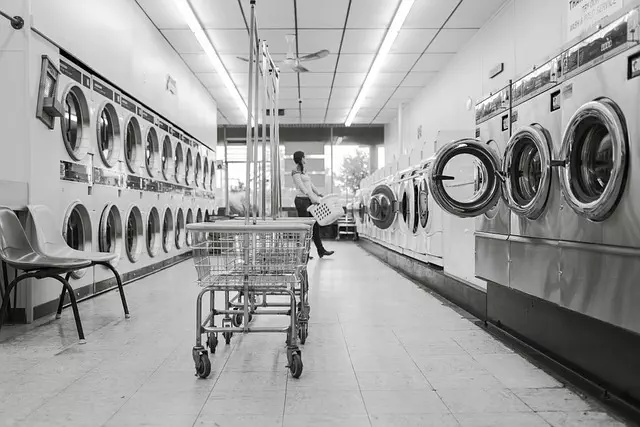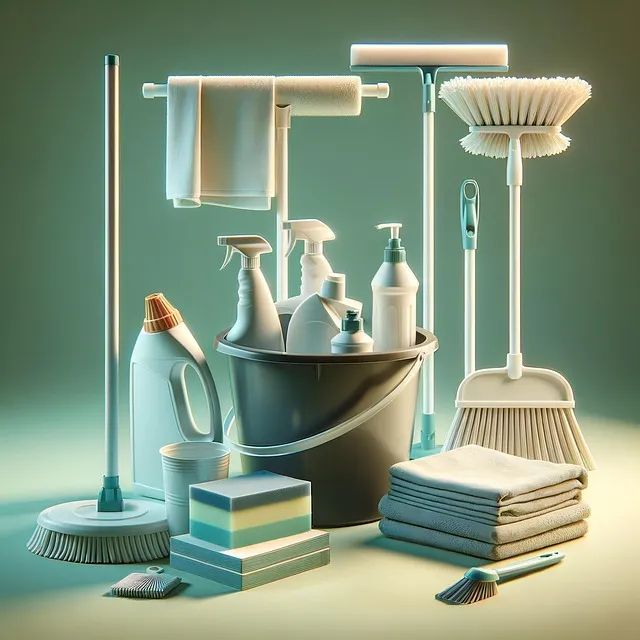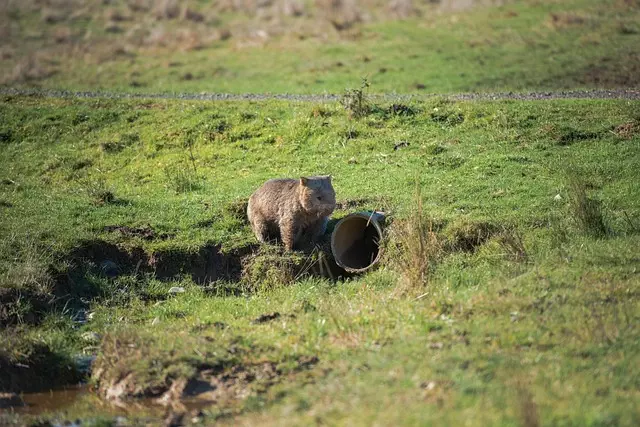This text provides a comprehensive guide to drain cleaning, addressing common causes of clogs like hair buildup and grease, along with effective solutions. It highlights the importance of tools like plungers and augers for DIY unclogging, while also promoting natural methods such as baking soda and vinegar. The risks and benefits of chemical drain cleaners are discussed, encouraging responsible use alongside hot water and other natural remedies. Professional drain cleaning services are recommended for severe cases, along with regular maintenance tips to prevent future clogs. SEO keyword: Drain Cleaning.
Unclogging drains can be a common household hassle. Learn how to tackle this issue effectively with our comprehensive guide. We break down the root causes of drain clogs, from hair and grease buildup to tree root intrusions. Discover essential tools and equipment for DIY cleaning, explore natural remedies, and understand chemical cleaners – their benefits and potential drawbacks. We also offer insights into professional services and preventive measures to keep your drains clear and flowing.
Understanding Common Drain Clogging Causes

Many household drains become clogged due to a buildup of various substances over time. Understanding these common causes is the first step in preventing and treating clogs effectively. One primary reason for drain issues is the accumulation of hair, grease, and other debris that easily stick to the insides of pipes, especially in the kitchen and bathroom. These materials can congeal and form hard-to-dislodge clogs.
Another frequent culprit is the disposal of inappropriate items down the drain, such as food scraps, coffee grounds, or even certain personal care products. These items often solidify when mixed with water, leading to blockages. Additionally, tree roots seeking moisture can intrude into pipes, causing serious clogs that require professional drain cleaning services to resolve.
Essential Tools and Equipment for Drain Cleaning

When it comes to drain cleaning, having the right tools and equipment makes the job easier and more effective. Some essential items for any drain unclogging kit include a plunger, a set of pliers, and a bent wire hanger. A plunger is a must-have tool for pushing or sucking out blockages, while pliers are useful for gripping and removing stubborn hair or foreign objects from the drain.
A bent wire hanger can be bent into various shapes to reach and clear obstructions in tight spaces. Additionally, an auger or snake (a long, flexible cable) can break up or pull out significant clogs that regular tools might not handle. These tools, combined with basic knowledge of drain cleaning techniques, are all you need to tackle most common drain issues efficiently.
DIY Natural Drain Unclogging Solutions

Many homeowners turn to natural, DIY solutions for drain cleaning due to their cost-effectiveness and environmental friendliness. One popular method involves using a mixture of baking soda and vinegar. Pouring 1/2 cup of baking soda down the drain followed by 1 cup of white vinegar creates a fizzing reaction that helps break down grease and hair buildup. This potent combination can unclog drains efficiently without harsh chemicals.
Another natural solution is to use boiling water. Carefully pour boiling water directly into the drain to dissolve any blockages caused by grease or soap scum. Using this method multiple times a month can help prevent future clogs from forming, keeping your pipes clear and flowing smoothly.
Chemical Drain Cleaners: What You Need to Know

Chemical drain cleaners are a popular and often quick solution for clearing clogs, but they should be used with caution. These products contain powerful chemicals that can effectively dissolve hair, grease, and other common blockages. However, their potency also means they can cause harm if misused or come into contact with eyes or skin. It’s essential to follow the instructions on the label strictly, wear protective gear when using them, and ensure proper ventilation in the area.
While chemical drain cleaners might offer a fast fix, they are not always the best solution for long-term drain cleaning. Repeated use can lead to damage to pipes due to the corrosive nature of these chemicals. Instead, consider combining chemical solutions with natural methods like using hot water and baking soda or vinegar to maintain healthier plumbing over time.
Professional Drain Cleaning Services: When to Consider Them

Professional drain cleaning services can be a game-changer when it comes to severe or recurring clogs. While DIY methods and home remedies may offer temporary relief, they often fail to address the root cause, leading to frequent blockages. If you find yourself constantly dealing with clogged drains, it’s time to consider calling in the experts.
These professionals are equipped with advanced tools and techniques tailored for effective drain cleaning. They can navigate through complex plumbing systems, identify the source of the blockage, and clear it thoroughly. From high-pressure water jets to specialized chemicals, their methods ensure long-lasting results, preventing future clogs and saving you from the hassle of repeated attempts at unclogging.
Preventive Measures to Keep Drains Clear

Regular maintenance is key to preventing drain clogs. Start by adopting simple habits like avoiding pouring grease, coffee grounds, or large food particles down the sink. These substances can solidify and stick to pipe surfaces, leading to obstructions. Instead, use hot water to flush out any grease buildup after cooking.
Additionally, install drain catchers or covers to trap hair and other small debris. Consider using natural cleaning solutions like baking soda and vinegar, which are effective in clearing minor blockages without harmful chemicals. Schedule professional drain cleaning services periodically to inspect and clear pipes, especially in areas prone to clogging, ensuring long-term freedom from drain-related headaches.



